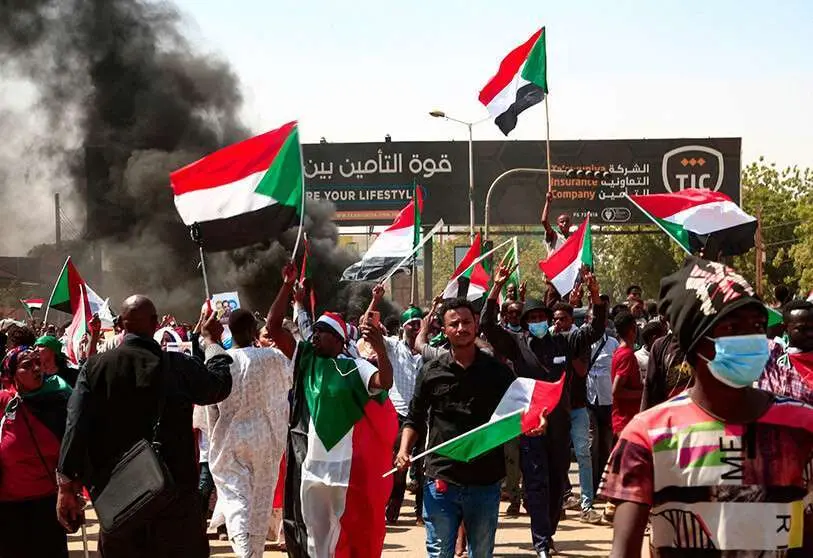Sudan, first steps towards political stability?

Sudan's stalemate in a political crisis that has dragged on for more than half a year now seems to have no end in sight. Meanwhile, the combined efforts of the African Union, the Intergovernmental Authority on East African Development and the United Nations Integrated Transition Assistance Mission in Sudan (UNITAMS) to restore dialogue and the transition process continue to fall on deaf ears.
In this regard, the tripartite mechanism announced, with a view to 10, 11 and 12 May, the holding of a round of "national dialogue" to be held indirectly, which would represent the first phase in the rapprochement of the parties and the eventual restoration of a civilian government. However, just hours after 110 Sudanese alliances, parties and blocs signed the "National Declaration to Support Sovereignty and Democratic Transition" against the coup - which included an agreement "against foreign interference" - the tripartite announced that the meeting would be postponed.

"A date has not yet been set for the meetings", UNITAMS spokesman Fadi el Qadi said tersely on 9 May about talks aimed at developing a four-pronged plan for solutions to the political crisis. The roadmap was to include constitutional reforms, the definition of new criteria for selecting the ministerial corps, the formulation of a government programme that would respond to the most urgent needs of the citizens, and finally, the organisation of fair elections.
However, as reported by Al-Arab, and as announced by the Forces for Freedom and Change (a coalition of Sudanese civilian and rebel groups) during a press conference, the UNITAMS headquarters in Khartoum hosted the first round of indirect dialogues on Monday. At the meeting, the UN agency reportedly met with a delegation from the National Congress Party as well as the People's Liberation Movement, which includes other parties such as the Justice and Equality Movement. The discussions were described by UNITAMS as "constructive and frank", and are now expected to represent a further step on the road to negotiations with all parties involved in the crisis.

For their part, the so-called resistance committees - the main groups in the Sudanese anti-coup movement - have reiterated their refusal to engage in any kind of dialogue with the military side, relying on the slogan of the three "no's": no legitimacy, no negotiation and no partnership.
Since the 25 October coup d'état by the army chief and self-proclaimed president of the Sovereign Council of Sudan, Abdel Fattah Al-Burhan, the declaration of a state of emergency and the dissolution of the institutions in charge of the transition have provoked great discontent among the Sudanese population. Almost daily street protests have become a constant feature of the country, and police abuses, arbitrary arrests and attacks on journalists and the media continue to heighten tensions.
But despite unrelenting demands for the return of civilian rule, Al-Burhan has been relentless in his denial of the coup. According to the military official, his measures were only aimed at "correcting the course of the transitional phase", and he argues that he will cede power through elections or a national consensus.

Prior to this situation, Sudan was in the midst of a transition period of more than 50 months, which began in the summer of 2019 and was to end with elections in early 2024. During this long period, power was supposed to be shared between the army, civilian forces and armed movements, which had already signed a peace agreement with the government in 2020.
To date, about a hundred Sudanese citizens have lost their lives due to police repression of the demonstrations, and the country's Central Medical Committee has already warned about this. "The coup forces deliberately use lethal violence against peaceful demonstrators, and prove every day that peace is stronger than bullets, guns and the violent machinery of the coup plotters," it said in a statement.








